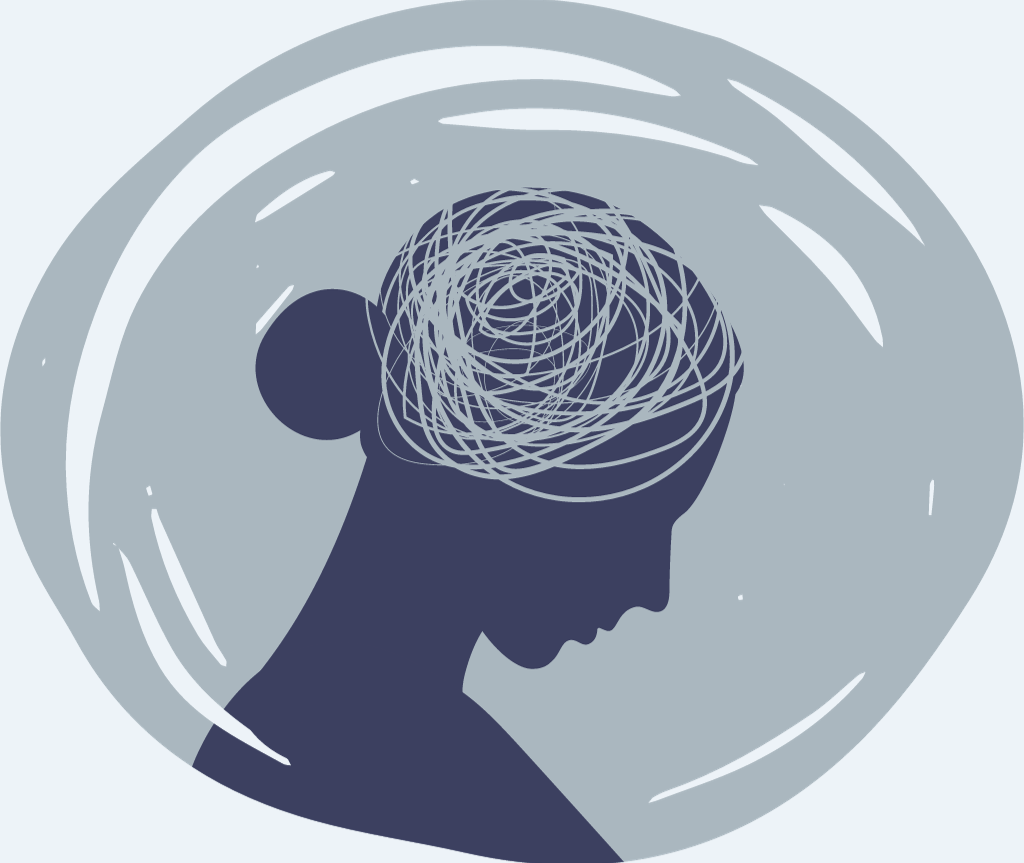You know that feeling when life won’t slow down — your heart’s racing, your mind’s buzzing, and your body feels like it’s running on caffeine and nerves? That’s stress. It’s part of modern life — but few people realise just how much stress harms your health.
It doesn’t just live in your head; it quietly rewires your body, influencing everything from your sleep to your skin and even the ageing process. Let’s take a closer look at what’s happening inside — and how you can turn the tide.
1. When Stress Rewires the Brain
Your brain’s always listening for threats. When you’re tense, the amygdala — your inner alarm system — hits the panic button. That signal sets off the HPA axis, the communication line between your brain and adrenal glands.
In seconds, hormones like adrenaline and cortisol flood your system to keep you alert and ready. It’s useful when you’re escaping danger, but less so when you’re simply reading work emails at midnight.
2. The HPA Axis: Your Body’s Stress Engine
Imagine your body as a car. The HPA axis is the accelerator — press it too often, and you’ll burn out the engine.
When you face a challenge, the hypothalamus releases CRF, prompting the pituitary gland to make ACTH, which nudges your adrenal glands to release cortisol. Short bursts keep you focused; long-term surges, however, raise your blood pressure, affect your metabolism, and even influence your mood.
This is why chronic stress often feels like being stuck with your foot on the gas — and no time to refuel.
3. The Nervous System on Overdrive
When stress strikes, your sympathetic nervous system (SNS) activates the fight-or-flight response. Your heart races, your breathing quickens, and your muscles tighten — ready for action.
A little of this response is healthy. But when it never shuts off, it drains your energy, keeps you jittery, and makes it harder to rest or think clearly. You’re wired when you should be winding down.
4. When Stress Sneaks Up on Your Immune System
Have you ever noticed how you seem to catch a cold right after a hectic week? That’s not bad luck — it’s biology.
When cortisol stays high, your immune defences weaken. White blood cells don’t mature as well, inflammation rises, and your body becomes less able to fight off infection. Over time, chronic stress can make you more prone to illness, allergies, and fatigue that never quite lifts.
5. The Silent Strain on Your Heart
Your heart and blood vessels are directly affected by stress. Constant tension causes arteries to constrict and raises blood pressure. Over months or years, that pressure wears them down.
Add in inflammation, and you’ve got a recipe for heart disease and stroke. The link is so strong that cardiologists often describe stress as “invisible hypertension” — it damages quietly until it doesn’t.
6. The Ripple Effect: How Stress Touches Every Part of You
Stress doesn’t stop at the mind — it’s a full-body experience.
- Mood and mental health: Disrupted serotonin and dopamine can heighten anxiety or low mood.
- Heart health: Chronic tension fuels inflammation and high blood pressure.
- Digestive system: Stress slows digestion, leading to bloating, cramps, or constipation.
- Immunity: A weakened immune response means more colds and slower recovery.
- Ageing: Stress shortens telomeres — the protective ends of DNA — thereby accelerating the ageing process.
- Fertility: High stress levels can throw reproductive hormones off balance.
- Skin: Flare-ups of acne, eczema, or psoriasis often occur during or follow stressful periods.
- Weight: Cortisol boosts appetite and encourages fat storage.
- Gut: Stress disrupts gut bacteria, fuelling reflux or IBS.
- Sleep: Racing thoughts make it harder to fall and stay asleep.
Pain: Tense muscles amplify headaches, neck strain, and back pain.
It’s a cascade — one system under strain pushes another out of balance.
7. How to Reclaim Calm
You can’t delete stress from life, but you can change how your body responds to it. Try starting small:
- Pause and breathe. Just two minutes of slow breathing can lower your heart rate.
- Move daily. Walk, stretch, dance — all of these activities help burn off stress hormones.
- Prioritise what matters. Overcommitment is a hidden stress trigger.
- Stay connected. A chat with a friend can reset your mood faster than you think.
- Laugh often. Laughter releases natural feel-good chemicals.
- Sleep like it matters. Aim for consistency over perfection.
- Eat for resilience. Real food, steady meals, plenty of water — fuel your calm.
- Skip the numbing habits. Smoking or drinking might soothe in the moment, but amplify stress later.
- Ask for help. Therapy or counselling isn’t a last resort — it’s a proactive act of care.
The Bottom Line
Stress is part of being human — but chronic stress doesn’t have to be your norm. When you understand how it affects your health, you can start responding differently.
Tonight, take one conscious breath before bed. Feel your shoulders soften. That’s your body remembering balance — one breath, one choice, one moment at a time.



